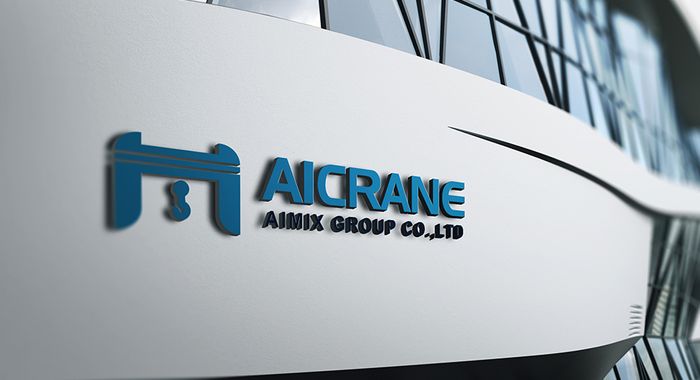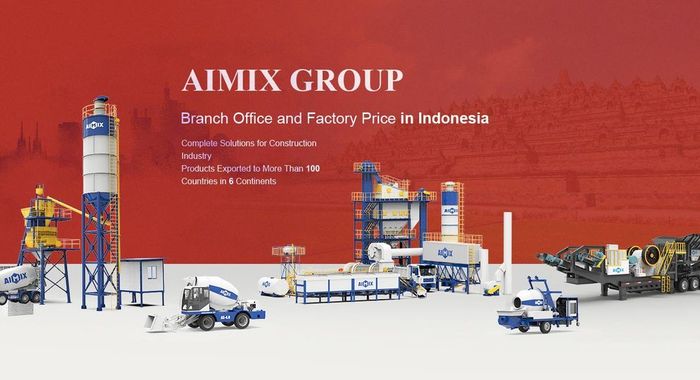Mobile concrete pump trucks are versatile and essential for efficiently transporting and pouring concrete in various construction projects. Their mobility, high capacity, and pumping efficiency make them a go-to solution for large-scale and complex construction environments. However, mobile concrete pump trucks come in various models and types, each tailored for different uses and site requirements. Understanding the distinct features, functionalities, and specifications can help construction professionals choose the right pump truck for their project, thereby saving time and improving productivity. Below, we’ll explore the different ways to differentiate mobile concrete pump trucks.
Types of Mobile Concrete Pump Trucks
Mobile concrete pump trucks generally fall into several types, each designed to meet specific needs on a construction site. Differentiating these types helps in selecting the one most suited to a particular project’s requirements.
Boom Pump Trucks: These are equipped with a hydraulic arm, or "boom," that can extend over large distances and obstacles, allowing concrete to be poured into high or hard-to-reach locations. They are ideal for multi-story buildings, elevated structures, or any site where direct access is limited.
Line Pump Trucks: Unlike boom pumps, line pumps use flexible hoses to pump concrete along the ground, making them suitable for smaller projects or where the concrete needs to be placed in narrow or hard-to-access areas. They’re commonly used in residential projects, sidewalks, and low-rise construction.
Truck-Mounted Concrete Pumps: These are highly versatile as they can move from one location to another quickly. They generally have a shorter reach than boom pumps, but they are efficient for smaller projects requiring high mobility.
Differentiating by Reach and Height Capacity
The reach and height capacity of mobile concrete pump trucks vary significantly across models and types.
Boom Length: Boom pumps are often classified by the maximum length of the boom. Small- to mid-sized boom pumps might have booms of 20 to 40 meters, while larger boom pumps can reach 50 meters or more. This range determines how far the pump truck can deliver concrete without needing additional hoses or piping.
Height Capacity: For projects like high-rise buildings or bridges, the height capacity of a mobile concrete pump truck is a critical factor. Larger models are engineered to pump concrete to high elevations, allowing operators to pour concrete on top floors or elevated construction points.
Choosing the right reach and height depends on the project’s specifications, such as building height, structure dimensions, and the layout of the worksite.
Differentiating by Pumping Capacity
The pumping capacity, measured in cubic meters per hour, is one of the essential factors that vary among mobile concrete pump trucks.
Small to Medium Capacity: Some mobile concrete pump trucks are designed for small- to medium-sized jobs, with capacities ranging from 20 to 70 cubic meters per hour. They are suitable for projects like residential houses, sidewalks, and low-rise buildings.
High Capacity: Larger mobile concrete pump trucks may offer capacities from 80 to over 150 cubic meters per hour, ideal for large-scale projects like commercial buildings, bridges, and infrastructure developments. The higher the capacity, the more concrete can be delivered in less time, making these pump trucks efficient for fast-paced projects.
The choice of pumping capacity depends on the volume of concrete required and the desired speed of work completion. High-capacity models are generally more costly but are invaluable for high-volume or high-speed concrete placement.
Power Source and Engine Type
Mobile concrete pump trucks also vary in terms of their power source, which affects performance, fuel efficiency, and site adaptability.
Diesel-Powered Pump Trucks: Diesel engines are the most common in mobile concrete pump trucks, providing the high horsepower needed for demanding tasks. They are suitable for outdoor and high-capacity projects where fuel availability and emissions may be less of a concern.
Electric-Powered Pump Trucks: Electric-powered mobile concrete pumps are quieter and more environmentally friendly, making them ideal for indoor projects, urban areas, or emission-restricted zones. However, they may have limitations in terms of power compared to diesel models.
Dual-Powered Models: Some mobile concrete pump trucks come with dual power sources, combining diesel and electric engines. These are versatile options for projects with both indoor and outdoor requirements, allowing operators to switch power modes based on the environment.
Selecting the right power source is crucial for optimizing performance and compliance with environmental regulations. Diesel models are typically more powerful, but electric options provide significant advantages in noise and emissions control.
Differentiating by Control System
Modern mobile concrete pump trucks come with advanced control systems to improve operation and safety. These controls allow for precision and flexibility in placing concrete, especially in complex projects.
Manual Control Systems: Some models that manufacturer like Aimix provides rely on manual controls, which require more skill and experience to operate efficiently. These are usually found in older or budget-friendly models.
Remote Control Systems: Remote-controlled mobile concrete pump trucks allow operators to control the pump from a distance, which is beneficial for large-scale projects or sites with obstacles. This setup improves safety by enabling operators to position themselves at safe vantage points while adjusting the pump.
Fully Automated Control Systems: The latest models feature fully automated controls, where sensors and software help regulate the flow and pressure of the concrete. Automated systems optimize fuel consumption, reduce wear and tear, and enhance accuracy, making them ideal for complex or high-stakes projects.
Control systems add flexibility and safety to pump operation, especially in dynamic or crowded construction sites.
Differentiating by Mobility and Maneuverability
The maneuverability of mobile concrete pump trucks varies based on their size, wheel design, and chassis.
Four-Wheel Drive Models: Some mobile concrete pump trucks are built with four-wheel-drive systems, which improve their maneuverability on uneven or off-road terrains. They are commonly used in infrastructure and road construction projects where the terrain may be rugged.
Compact Models: Compact mobile concrete pump trucks are designed for confined spaces or urban areas where tight turns and restricted access are common. These models may have shorter booms but are easier to position in constrained areas.
The right level of maneuverability depends on the project location and the site’s accessibility. For sites with narrow entrances or challenging terrain, choosing a highly maneuverable model is beneficial.
Differentiating by Maintenance and Servicing Requirements
Each mobile concrete pump truck model comes with unique maintenance and servicing needs, impacting long-term performance and operational costs.
Hydraulic Systems: Mobile concrete pump trucks with advanced hydraulic systems often have higher efficiency but may require specialized maintenance. Regular inspection and lubrication are essential for keeping these systems in good working order.
Spare Parts Availability: Some brands and models may have better access to spare parts and servicing, making maintenance easier. Choosing a model with accessible parts and a reliable support network can reduce downtime and ensure consistent performance.
Differentiating by Price and Cost of Ownership
Cost considerations are essential when selecting a mobile concrete pump truck. Price differences are influenced by factors like brand, model, capacity, and additional features.
Initial Purchase Price: Higher-end models with advanced features typically come at a premium. Balancing the purchase price with the expected usage and project demands helps in choosing the most cost-effective model.
Operating Costs: Fuel consumption, maintenance, and repairs contribute to the ongoing costs of owning a mobile concrete pump truck. Diesel models may have higher fuel costs, while electric models may have lower operational costs if charging infrastructure is available.
Resale Value: Some models retain value better than others, particularly from reputable brands with high demand. This consideration is crucial for companies planning to upgrade or sell their equipment in the future.
Differentiating mobile concrete pump trucks based on type, reach, capacity, power source, control systems, mobility, maintenance, and cost is essential for selecting the right equipment. Each feature impacts performance, suitability for specific projects, and long-term operational costs. By understanding these distinctions, construction professionals can choose a mobile concrete pump truck that meets their specific requirements, enhances productivity, and optimizes project outcomes.



